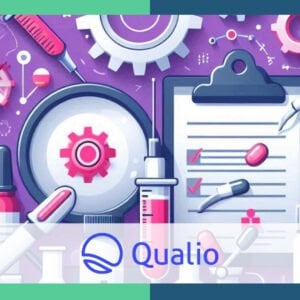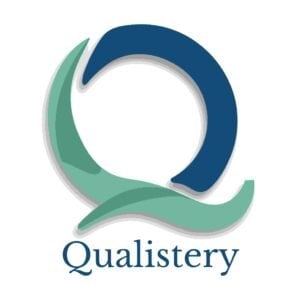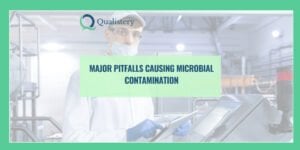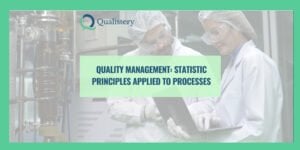Introduction
Meet Alex, a dedicated college student in his final year who is deeply committed to his research project for his thesis. With passion driving his every step, he pours hours into the laboratory and library, amassing a wealth of data and observations. Yet, a fundamental challenge emerges: organizing this extensive information.
Within the pages of Alex’s laboratory notebook lie the raw makings of innovation—ideas, results, and keen observations. However, the scattered nature of these notes becomes an obstacle. Instead of a streamlined record, the notebook contains disordered experiment notes, loosely tracked references, and crucial details hidden amid information pages.
As Alex wants to start writing his thesis, his lack of organization becomes a pressing issue. Connections between findings from one experiment to another blur, causing efforts to overlap. Valuable hours that should be dedicated to analyzing results and uncovering insights are instead consumed in tracing back through previous notes.
As the thesis deadline approaches, Alex realizes the urgency of the situation. The final weeks transform into a frantic race against time, with Alex immersed in writing, armed with sheer will and endless cups of coffee. The importance of effective knowledge management has never been clearer.
And while Alex’s endeavours culminate in a last-minute thesis submission, the outcome isn’t quite the magnum opus he had hoped for.
Extrapolate this scenario to a sprawling pharmaceutical company with hundreds of professionals spanning various departments, all juggling intricate projects amidst a constantly evolving technological, market, and regulatory landscape. In such a scenario, the repercussions of inadequate knowledge management escalate exponentially. The pitfalls extend beyond just mismanaged data—leading to missed innovations, repeated efforts, and lost opportunities.
The Importance of Knowledge Flow in Pharma
In the complex and dynamic field of the pharmaceutical industry, knowledge isn’t just power; it’s the very lifeblood that sustains innovation, quality, and growth. When knowledge does not flow to where it is needed, in the form that it is needed, it leads to confusion, inefficiency, and costly errors.
Without a formal knowledge management system, the consequences are alarming. Imagine thousands of hours wasted each year, sifting through disjointed information, attempting to recreate what already exists, or making decisions without vital information at hand. Such wasteful practices deplete resources, blunt the competitive edge, and destabilize a company’s reputation and financial footing.
The types of knowledge susceptible to loss or mishandling in the pharmaceutical industry span a diverse spectrum. It encompasses scientific insights, data from clinical trials, details of manufacturing processes, technology transfers, process validations, quality controls, and much more.
The gravity of this challenge isn’t an abstract concept; it’s quantifiable and alarming. According to a Harvard Business Review study by Myers (2015), Fortune 50 companies lose an estimated USD 30 billion annually due to mishandling of internal knowledge. It’s not just a loss on paper; it’s an erosion of potential, a missed opportunity that echoes across the industry.
Conversely, the benefits of well-executed knowledge management are equally compelling. Merck’s deployment of a knowledge management initiative between 2011 and 2014 is a testament to this fact. The outcome? A return on investment of 3:1 and a direct financial gain of USD 20 million.
These examples highlight the inescapable truth: Effective knowledge management is not merely an operational nicety; it’s a strategic imperative that can define the trajectory of success in the pharmaceutical landscape.
Why is Knowledge Lost So Easily?
The ease with which knowledge is lost within an organization, especially in the complex realm of pharmaceuticals, may seem puzzling at first glance. To understand this phenomenon, one must delve into the nature of knowledge itself.
Knowledge in an organization is not a singular entity but rather a complex construct composed of both explicit and tacit forms. Explicit knowledge refers to codified, documented, and readily shared information. In contrast, tacit knowledge is more elusive and constitutes approximately 80% of an organization’s total knowledge. It includes personal insights, hands-on experience, skills, and individual expertise that are inherently challenging to document or articulate.
Within the context of a pharmaceutical company, the risk of losing knowledge is acute. The often misplaced insights encompass practical manufacturing wisdom, insights from technology transfers, findings from process validation studies, complaint analyses, deviation reports, and more. These are not just disparate data points; they represent collective intelligence, hard-won experience, and irreplaceable intellectual capital.
The loss of this knowledge impacts not only the efficiency of operations but the very innovation and growth of the company. It impedes problem-solving, delays product development, and even leads to non-compliance with regulatory standards.
In the next sections, we will explore the regulatory perspectives on knowledge management and how knowledge management can be integrated into a Quality Management System within the pharmaceutical industry.
Which is the Regulatory Perspective on Knowledge Management?
A cornerstone in the domain of knowledge management is the International Council for Harmonisation’s Quality Guideline Q10 (ICH Q10), a critical framework that outlines the principles for an effective Pharmaceutical Quality Management System (PQMS).
What is the ICH Q10 about? The ICH Q10 is a harmonized guideline that sets the principles for an effective Pharmaceutical Quality Management System (PQMS). Its objectives revolve around three pillars:
– Product Realization: Ensuring products are designed, developed, and manufactured to meet the intended use.
– State of Control: Implementing robust control and monitoring measures to ensure the suitability and capability of processes.
– Continual Improvement: Encouraging a culture of continuous learning and improvement.
Within ICH Q10, knowledge management is a “systematic approach to acquiring, analyzing, storing, and disseminating information related to products, manufacturing processes, and components.”
It is also classified as one of the most important tools to use in a quality system, taking the place of importance equal to quality risk management. The objective of these tools is to ensure the performance of the quality system, but they are not direct functions of it. The article defines this category as “enablers” to differentiate it from the four elements of a quality system (monitoring system, CAPA, change management system, and management responsibilities).
Knowledge management is unique within the ICH Q10 framework because it does not prescribe a specific way to implement it. Instead, it emphasizes the results that it brings. Whether through structured databases, collaboration platforms, or continuous learning initiatives, how a pharmaceutical company leverages knowledge management can be tailored to its unique needs and culture.
By encouraging pharmaceutical companies to weave knowledge into a unified, accessible fabric, the ICH Q10 ensures that valuable insights and wisdom are preserved and harnessed. It fosters a climate where continuous improvement is not an abstract aspiration but an operational reality intricately woven into the fabric of daily practices. It’s a philosophy that resonates with the evolving dynamics of the pharmaceutical industry, highlighting the timeless relevance of knowledge as a tool.
How Can Knowledge Management Be Integrated into Your Quality Management System?
Knowledge management shouldn’t be a separate entity or an afterthought. It must be integral to the Quality Management System (QMS). This alignment is vital for ensuring that knowledge is collected, useful, readily accessible, and actively utilized.
The most important role of knowledge management within the QMS is the generation, cultivation, and utilization of product and process knowledge. The strategy to integrate knowledge management into the QMS might include the following:
– Documenting Processes: The strategy should begin with a dynamic and evolving documented process description. It should outline the controls, supporting rationale, and key details of the processes. Unlike static documentation, this living document should be regularly modified to reflect changes in the control strategy. By weaving it into the deviation and change management system, the company ensures that vital information is recorded and actively informs ongoing decision-making.
– Annual Product Reviews: Knowledge isn’t just about what’s happening now; it’s about understanding trends and patterns over time. Creating an annual product review is a mechanism to build a body of knowledge. By assessing the product’s performance, capturing learnings, identifying trends, and uncovering opportunities for improvement, this review acts as a repository that’s easily referred to and maintained. It forms a knowledge base that can guide immediate and long-term actions.
– Cross-Site Assessments: For companies that operate across multiple sites, it’s essential to have a unified understanding of how products and related processes perform across different locations. Implementing a product assessment that analyzes each site’s operations enables an organization-wide perspective. It helps identify inconsistencies, share best practices, and ensure that every site’s performance aligns with the overall objectives.
The key to unlocking these strategies’ true potential is leveraging the collective knowledge to drive continuous improvement. A company creates an integrated and responsive knowledge management system by connecting the dots between documented processes, annual reviews, and cross-site assessments. It’s not just about storing information; it’s about actively using that knowledge to innovate, adapt, and excel.
Integrating Effective Knowledge Management into your QMS also Helps to Streamline Regulatory Submissions.
Navigating Regulatory Submissions
In the intricate and fast-paced world of the pharmaceutical industry, one stage stands out as both critical and complex: the preparation and submission of Chemistry, Manufacturing, and Controls (CMC) regulatory documentation. This phase is often initiated when the development team hands over the manufacturing process to the manufacturing team, serving as a pivotal bridge to commercialization.
Regulatory submissions are not mere formalities. They are high-stakes endeavours marked by rigid deadlines, demanding precision and painstaking attention to detail. The challenge lies in compiling a tapestry of diverse information, including years of process development, clinical manufacturing activities, laboratory notebooks, technical reports, non-GMP and GMP documentation, validation protocols, and even the elusive tacit knowledge from subject matter experts.
Over such extensive time frames, the risk of information loss is not just a possibility but a pervasive threat. Data can be misplaced, misinterpreted, or swallowed by the chasms of complex workflows and dispersed teams.
The challenges faced in compiling knowledge for regulatory submission can be divided into two main categories:
1) Tacit Knowledge Translation: Individuals possessing crucial tacit knowledge may have left the company or moved to different roles, leaving a vacuum of essential insights.
2) Explicit Knowledge Gathering: Even explicit knowledge, typically documented, may be scattered across various formats and sectors, making it difficult to gather and consolidate.
These challenges make regulatory submissions a daunting task, prone to errors, delays, and inefficiencies.
How Knowledge Management Helps
CMC regulatory submissions are a critical and complex step towards commercialization in the highly regulated pharmaceutical industry. Effective knowledge management, when integrated into your QMS, plays an indispensable role in smoothing and streamlining this process. Here’s how this integration can make a significant impact:
Listing and gap analysis: The submission begins by meticulously listing all the required information and then identifying any gaps. This stage is crucial, setting the tone for the entire submission process. A well-implemented knowledge management system expedites this process and adds a layer of intelligence, making information easier to analyze, cross-reference, and align with regulatory requirements.
Readily accessible knowledge: The success of CMC regulatory submission depends on having both explicit and tacit knowledge readily accessible. This supports all stages of documentation preparation, from initial planning to final submission. Integrating knowledge management into your QMS means essential information is not buried in disconnected databases but is organized and available precisely when needed.
Translating tacit knowledge: One of the biggest challenges in regulatory submissions is ensuring that the invaluable tacit knowledge of subject matter experts is captured. When gaps are found, this tacit knowledge often needs to be translated into explicit knowledge, which can be elusive and time-consuming. With a structured knowledge management strategy, these insights are not lost but are systematically captured, documented, and transformed into accessible knowledge. This bridges what is known in experts’ minds and what needs to be articulated in regulatory documents.
Facilitating cross-functional collaboration: Regulatory submissions require collaboration across various departments and functions. Knowledge management fosters this collaboration, ensuring that required documents, insights, or verifications can be swiftly obtained without hindrance. Whether it’s seeking information from manufacturing, quality control, or R&D, a unified knowledge management system ensures that knowledge flows seamlessly.
The integration of knowledge management into your QMS is a strategic tool. By making knowledge accessible, manageable, and actionable, it reduces friction, minimizes errors, and speeds up the submission process. It also builds a robust foundation that can adapt to changing regulations, aligns with organizational goals, and foster a culture of continuous learning and improvement.
Conclusion
Knowledge is more than a mere asset in the pharmaceutical industry; it’s the lifeblood that drives innovation, compliance, efficiency, and growth. The intricate pharmaceutical development and manufacturing landscape, coupled with ever-evolving regulatory requirements, make effective knowledge management beneficial and essential.
The stories of companies losing millions due to fragmented or lost knowledge are not isolated incidents but reflections of a systemic challenge that spans the industry. Harnessing the power of knowledge management through thoughtful integration with Quality Management Systems can transform these challenges into opportunities.
From following ICH Q10 guidelines, driving continuous improvement, and facilitating seamless regulatory submissions to nurturing a culture of learning and collaboration, knowledge management is central.
The journey towards effective knowledge management may vary between organizations, but the destination remains the same: a more resilient, responsive, and innovative pharmaceutical industry. By investing in knowledge as a vital resource and integrating it into core processes, pharmaceutical companies can unlock new frontiers of excellence and contribute to a healthier future for all.
Curious to learn more? Join our latest webinar to learn how to harness the power of knowledge to elevate an organization’s Quality Management System to new heights.
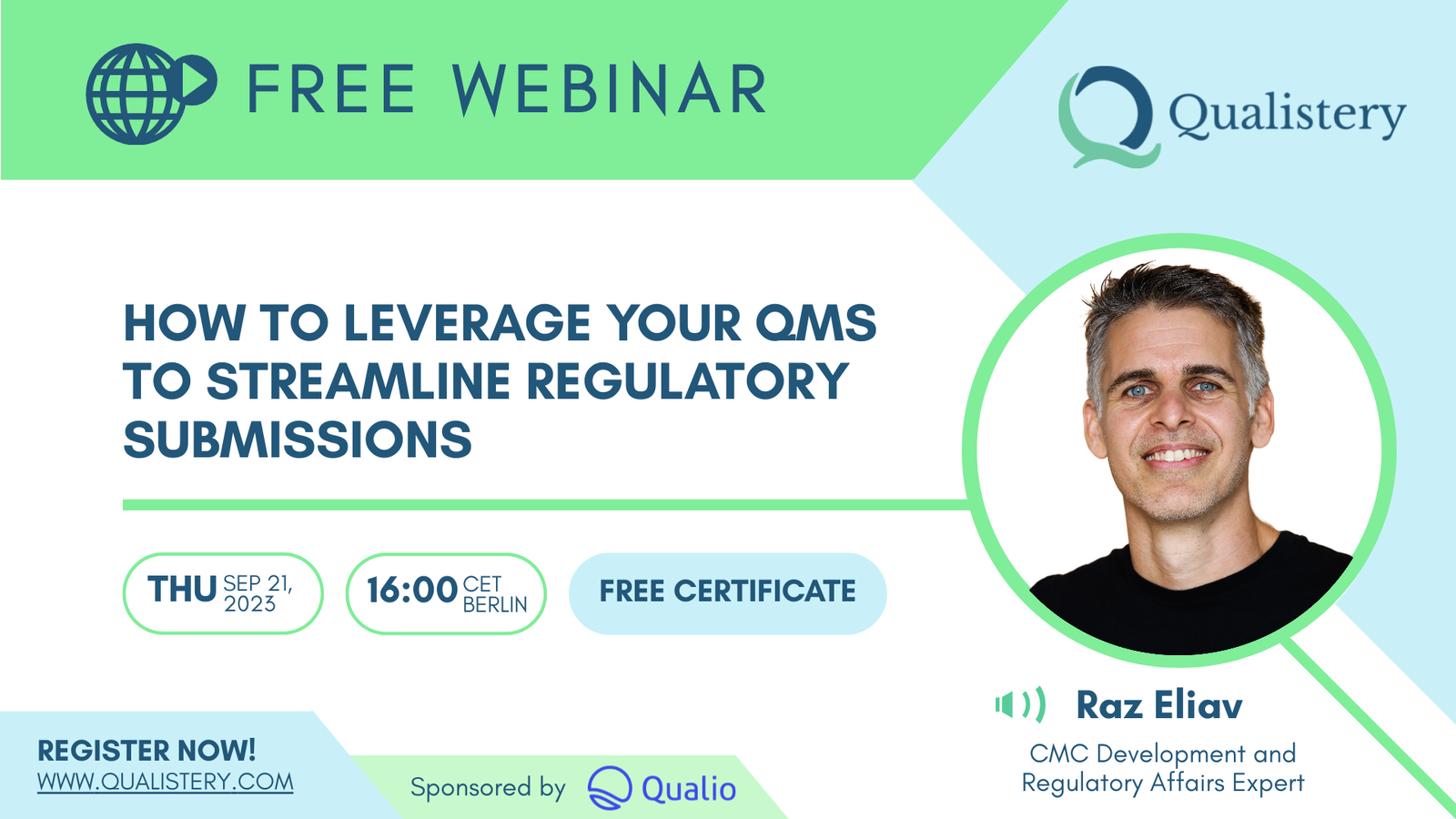
With a dedication to serving the pharmaceutical industry, Qualistery specializes in hosting informational webinars that support both professionals within the pharma sector and service providers. Our commitment lies in empowering businesses to maximize their impact through engaging virtual events and strategic webinar solutions. Additionally, Qualistery supports life science companies through private GxP training and compliance services.



